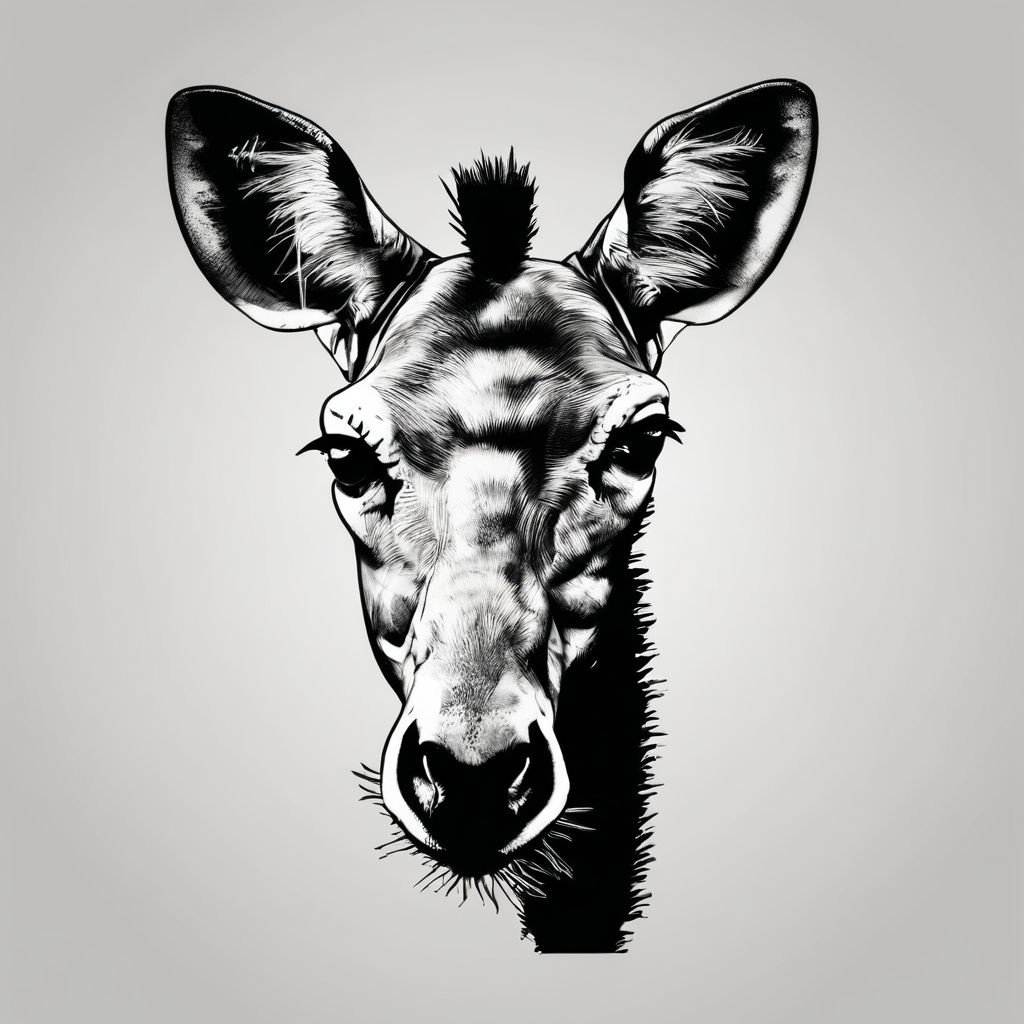Understanding Dehydration in Pet Birds
Pet birds, much like other companion animals, can experience dehydration, a condition signifying insufficient fluids in their system. This may result from various causes, including inadequate water supply, illness, or environmental factors such as high temperatures. Understanding these causes is vital for any bird owner. Birds are particularly sensitive and require proper hydration for the maintenance of their metabolic functions and overall health.
It is often misunderstood that birds can manage on minimal water due to their small size. However, this is a myth. In reality, birds have high metabolic rates and can become dehydrated quickly without adequate water intake. Regular hydration is critical not only for their physical well-being but also to prevent any serious health implications.
A voir aussi : What are the top tips for grooming long-haired pet rabbits?
Incorporating effective pet bird care strategies to monitor and ensure adequate water intake can significantly reduce health risks. This includes providing fresh water frequently and being attentive to the bird’s behavior as changes could signal health issues. Understanding these fundamentals can safeguard your feathered friend and ensure it leads a healthy and active life. Always remember, hydration is key to sustaining vibrant bird health.
Key Indicators of Dehydration
Understanding dehydration in birds is critical for maintaining your pet’s well-being. Recognising the signs early can prevent complications.
Sujet a lire : Revolutionary Methods by UK Scientists: Restoring Marine Wildlife After Oil Spills
Physical Signs of Dehydration
Feather ruffling and droopiness often signal dehydration. Unlike normal preening, sustained ruffling indicates distress. Moreover, a loss of skin elasticity is a clear indicator; gently retracting your bird’s skin on the chest should see it return swiftly to normal, otherwise dehydration is likely. Additionally, sunken eyes can reveal dehydration in many birds, alongside noticeable body mass reduction. A persistent observation of these signals warrants prompt attention.
Behavioral Changes
Changes in behavior provide vital clues about a bird’s health status. Decreased activity levels may indicate dehydration, as birds become lethargic to conserve energy. Shifts in eating and drinking habits, like reduced appetite or heightened thirst, can serve as red flags. Finally, an unexplained increase in sleeping or general lethargy demands investigation, as these are basic health indicators signifying dehydration or related issues.
Importance of Regular Health Checks
Consistent health monitoring is crucial. Establish a routine check to recognise your bird’s baseline health indicators. Understanding individual behavior can assist in identifying issues before they escalate. Regular vet visits, armed with this data, ensure your bird receives proper care and intervention.
Remedies and First Aid for Dehydrated Birds
Recognising the severity of dehydration is crucial for effective bird care remedies. Mild dehydration often presents as minor lethargy or subtle changes in behaviour, whereas severe dehydration manifests through pronounced signs of dehydration like extreme lethargy or significant weight loss. In cases of severe symptoms, it’s vital to seek veterinary care promptly. A professional assessment can prevent conditions from worsening and ensure appropriate intervention is provided.
Home Remedies
Emergency hydration for mild cases can be managed at home. Administering electrolytes or specially formulated rehydration solutions can offer immediate relief. Encourage drinking by placing water closer to your bird or using bird first aid techniques like dripping water on its beak. However, such methods are temporary and meant to stabilize your pet until a vet can be consulted.
Veterinary Interventions
For long-term care, avian vets provide effective bird first aid treatments. These may include fluid therapy administered subcutaneously or intravenously. Ensuring follow-up care and nutrition adjustments helps in maintaining your pet’s recovery trajectory. Establishing a relationship with a trusted avian veterinarian is fundamental for ongoing health management and effective response to emergencies.
Expert Prevention Tips
Understanding the importance of preventive care for birds is crucial to maintaining their health. Here, we explore practical bird hydration tips to ensure their well-being.
Providing Fresh Water
A daily water change is essential for pet birds, as stagnant water becomes breeding ground for bacteria. Always use appropriate water containers that are easy to clean and well-secured to prevent spills. Monitoring your bird’s water intake can highlight any unusual changes in consumption, allowing for prompt intervention if required.
Nutritional Considerations
A balanced diet plays a significant role in maintaining bird health. Incorporate water-rich foods such as cucumbers or oranges, which naturally hydrate. Additionally, consider using dietary supplements designed to support bird hydration, but always consult with a vet before introducing new elements to your pet’s diet.
Environmental Factors
Temperature and humidity influence hydration levels significantly. Maintain appropriate temperature and humidity settings within your bird’s environment. Offering baths or gentle misting can enhance hydration by facilitating moisture absorption through the skin. Ensure a stress-free environment by minimizing loud noises and sudden changes, as stress can exacerbate dehydration issues. Proper preventive care can dramatically improve your bird’s health and quality of life.
